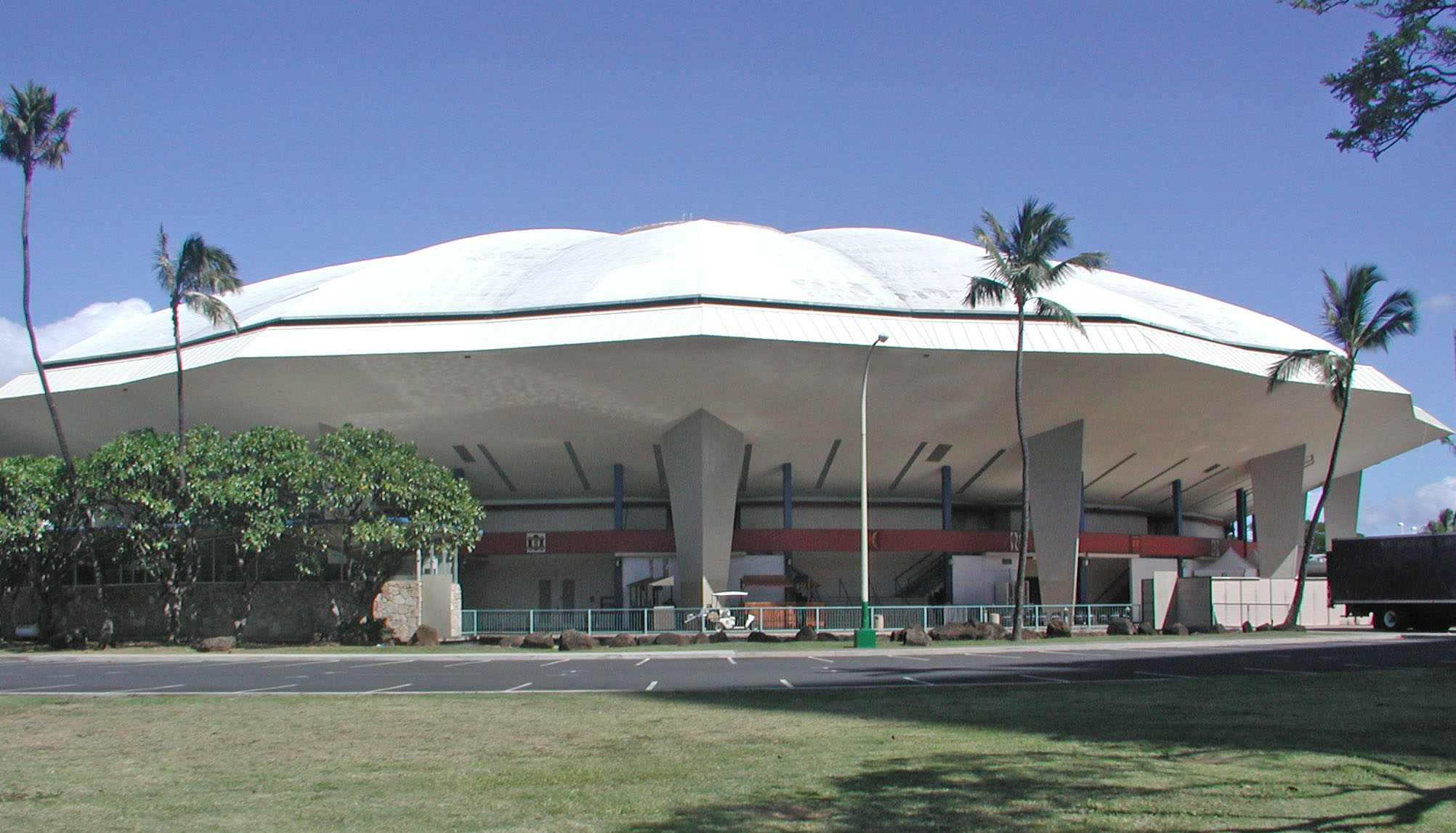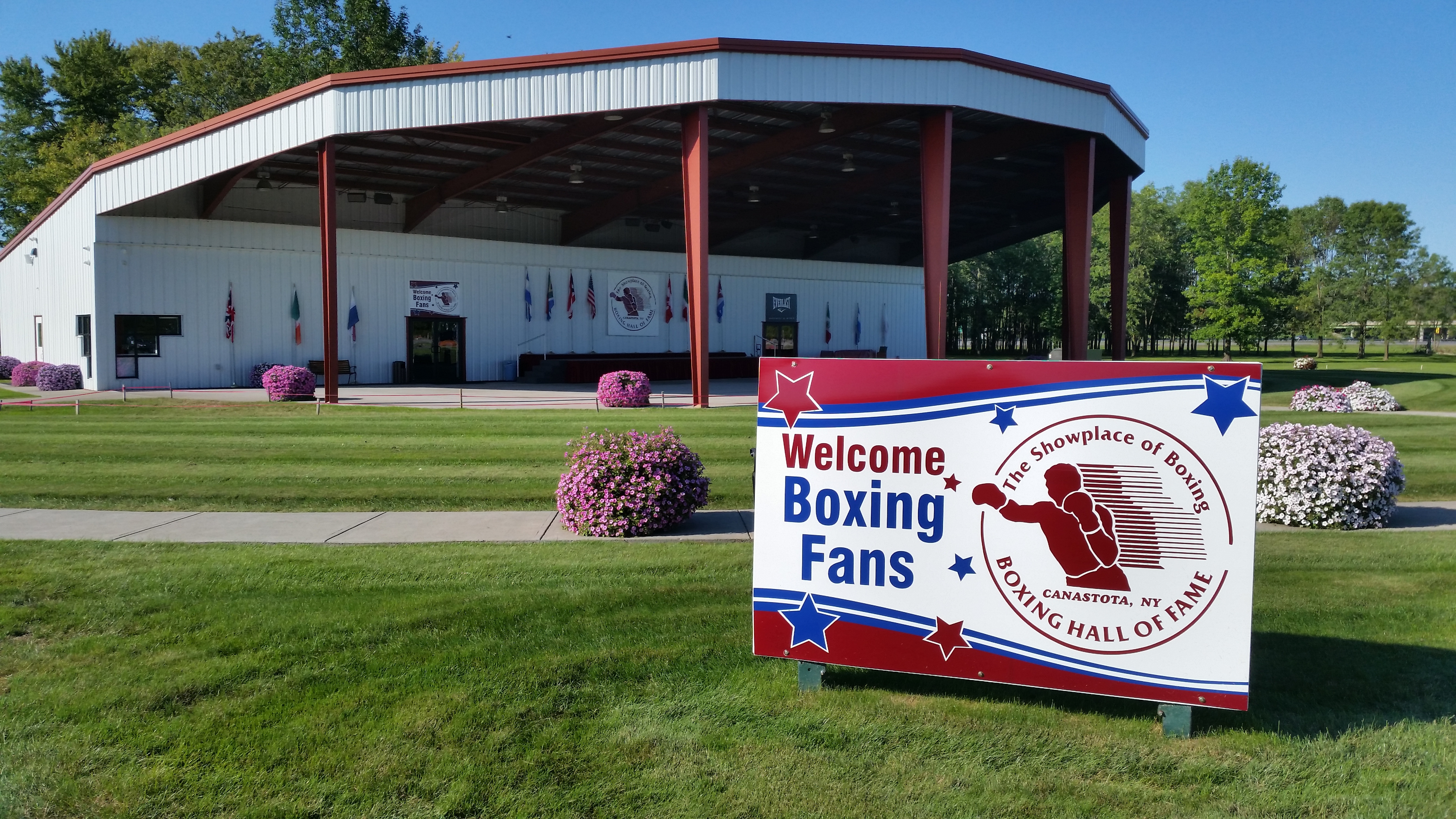|
Enrique Solis
Enrique "Kiko" Solis is a former boxer from Puerto Rico, who in 1978 challenged Eusebio Pedroza of Panama for Pedroza's World Boxing Association, WBA's recognized world Featherweight championship. Solis is a member of a prolific Puerto Rican List of boxing families, boxing family, his brothers being former WBA and Ring Magazine world Bantamweight champion Julian Solís, former World Boxing Council, WBC world Junior Lightweight title challenger Rafael Solis (boxer), Rafael Solis and Santos Solis, who once fought Wilfred Benítez as a professional and went ten rounds with him. He is from Caimito, Puerto Rico, Caimito, Rio Piedras, Puerto Rico. Professional boxing career Kiko Solis made his professional boxing debut on February 19, 1972 at the Hiram Bithorn Stadium in San Juan, Puerto Rico, San Juan, defeating the also debuting Samuel Feliciano by first-round knockout. He followed that initial victory with an April 15 points win over Lecardo Millan, another debuting fighter. On May ... [...More Info...] [...Related Items...] OR: [Wikipedia] [Google] [Baidu] |
Eusebio Pedroza
Eusebio Pedroza (March 2, 1956 – March 1, 2019) was a Panamanian boxer who held the WBA and lineal featherweight championship from 1978 to 1985, having defended the title against 18 different contenders, more than any other boxer in featherweight history. His cousin, Rafael Pedroza, was a world champion also, in the junior bantamweight division, although Rafael's reign as world champion was short-lived. Eusebio Pedroza died one day before his 63rd birthday. Biography Pedroza started out as a professional boxer on December 1, 1973, with a four-round knockout win over Julio Garcia. His first 15 bouts were all in Panama. He went 14-1 over that span of fights, including a win over Jacinto Fuentes, a boxer who would later draw and lose to Wilfredo Gómez. His one defeat over that period of his career came to Alfonso Pérez by a knockout in three. For fight number 16, Pedroza went to Mexicali, Mexico, in the last week of March 1976 to challenge WBA world bantamweight champion ... [...More Info...] [...Related Items...] OR: [Wikipedia] [Google] [Baidu] |
Antonio Cervantes
Antonio Cervantes (born December 23, 1945) is a Colombian boxing trainer and former professional boxer who competed from 1961 to 1983. He held the World Boxing Association, WBA and The Ring (magazine), ''The Ring'' light welterweight title twice between 1972 and 1980. In 2002, Cervantes was chosen for the Ring Magazine's list of 80 Best Fighters of the Last 80 Years. Boxrec also ranked him the 50th greatest pound for pound boxer of all time. Personal life Cervantes, who is Afro-Colombian, was born in Palenque, also known as the first site of a slave rebellion in the Americas. Cervantes used to sell contraband cigarettes and shine shoes as a child to survive. Professional boxing career He met boxing trainer Carmelo Prada, who helped shape his style. Cervantes only had three amateur bouts, winning two and losing one. On January 31, 1964, Cervantes entered the boxing ring as a professional for the first time, beating Juan Martínez by decision in six rounds. His first 32 bouts a ... [...More Info...] [...Related Items...] OR: [Wikipedia] [Google] [Baidu] |
Blaisdell Center
The Neal S. Blaisdell Center is a community center near downtown Honolulu, Hawaii. The complex has a multi-purpose arena, concert hall, exhibition hall, galleria, meeting rooms, Waikiki Shell and others. Constructed in 1964 on the historic Ward Estate and originally called the Honolulu International Center, the center was renamed after Mayor of Honolulu Neal S. Blaisdell, who oversaw its construction. It was remodeled and expanded in 1994. The complex is overseen by the city's Department of Enterprise Services, which also oversees the Waikiki Shell. the city is seeking to redevelop the site with extensive stakeholder and public involvement to assess the community's goals. Facilities and events Arena The Neal S. Blaisdell Arena is a circular performance facility used for concerts and major sporting events. The arena can accommodate 7,700 seats for sports events, and up to 8,800 seats for stage events with seats set up on the arena floor. On December 3, 1966 The Monkees G ... [...More Info...] [...Related Items...] OR: [Wikipedia] [Google] [Baidu] |
Diego Alcala
Diego is a Spanish masculine given name. The Portuguese equivalent is Diogo. The name also has several patronymic derivations, listed below. The etymology of Diego is disputed, with two major origin hypotheses: ''Tiago'' and ''Didacus''. Etymology ''Tiago'' hypothesis Diego has long been interpreted as variant of ''Tiago'' ( Brazilian Portuguese: '' Thiago''), an abbreviation of ''Santiago'', from the older ''Sant Yago'' "Saint Jacob", in English known as Saint James or as ''San-Tiago''. This has been the standard interpretation of the name since at least the 19th century, as it was reported by Robert Southey in 1808 and by Apolinar Rato y Hevia (1891). The suggestion that this identification may be a folk etymology, i.e. that ''Diego'' (and ''Didacus''; see below) may be of another origin and only later identified with ''Jacobo'', is made by Buchholtz (1894), though this possibility is judged as improbable by the author himself. ''Didacus'' hypothesis In the later ... [...More Info...] [...Related Items...] OR: [Wikipedia] [Google] [Baidu] |
The Bloody Battle Of Bayamon
''The'' () is a grammatical Article (grammar), article in English language, English, denoting persons or things that are already or about to be mentioned, under discussion, implied or otherwise presumed familiar to listeners, readers, or speakers. It is the definite article in English. ''The'' is the Most common words in English, most frequently used word in the English language; studies and analyses of texts have found it to account for seven percent of all printed English-language words. It is derived from gendered articles in Old English which combined in Middle English and now has a single form used with nouns of any gender. The word can be used with both singular and plural nouns, and with a noun that starts with any letter. This is different from many other languages, which have different forms of the definite article for different genders or numbers. Pronunciation In most dialects, "the" is pronounced as (with the voiced dental fricative followed by a schwa) when fol ... [...More Info...] [...Related Items...] OR: [Wikipedia] [Google] [Baidu] |
Managua, Nicaragua
) , settlement_type = Capital city , motto = , image_map = , mapsize = , map_caption = , pushpin_map = Nicaragua , coordinates = , subdivision_type = Country , subdivision_name = , subdivision_type1 = Department , subdivision_type2 = Municipality , subdivision_name1 = Managua , subdivision_name2 = Managua , established_title = Founded , established_date = 1819 , established_title2 = Elevated to Capital , established_date2 = 1852 , government_type = , leader_title = Mayor , leader_name = Reyna Rueda , leader_title1 = Vice Mayor , leader_name1 = Enrique Armas , area_footnotes ... [...More Info...] [...Related Items...] OR: [Wikipedia] [Google] [Baidu] |
Somoza Stadium
The Somoza family ( es, Familia Somoza) is a former political family that ruled Nicaragua for forty-three years from 1936 to 1979. Their family dictatorship was founded by Anastasio Somoza García and was continued by his two sons Luis Somoza Debayle and Anastasio Somoza Debayle. Anastasio Somoza García was the President of Nicaragua from 1937 until 1956. He was succeeded by his eldest son, Luis Somoza Debayle, who held the presidency from 1957 to 1963. The youngest Somoza son, Anastasio Somoza Debayle, held two presidential terms: 1967-1972 and 1974-1979. Although the Somozas did not hold the presidency for the full forty-three years, they continued to rule through puppet presidents and their control of the National Guard. While the Somoza family made advancements towards modernising Nicaragua, their rule was still characterised by repression and inequality. Over four decades, the Somoza family accumulated wealth through corporate bribes, land grabbing and foreign aid sip ... [...More Info...] [...Related Items...] OR: [Wikipedia] [Google] [Baidu] |
International Boxing Hall Of Fame
The modern International Boxing Hall of Fame (IBHOF), located in Canastota, New York, honors boxers, trainers and other contributors to the sport worldwide. Inductees are selected by members of the Boxing Writers Association of America. The IBHOF started as a 1990 initiative by Ed Brophy to honour Canastota's world boxing champions, Carmen Basilio and Basilio's nephew, Billy Backus; the village of Canastota inaugurated the new museum, which showcases boxing's rich history. It is visited by boxing fans from all over the world. An earlier hall had been created in 1954, when '' The Ring'' magazine's Boxing Hall of Fame was launched, located at Madison Square Garden in New York City. When that Boxing Hall of Fame was disbanded in 1987, it had a total of 155 inductees. , all but 14 of those 155 have also been inducted to the IBHOF. Beginning in 2020, the IBHOF began inducting female boxers for the first time since its inception. The IBHOF is one of two recognised Boxing Halls ... [...More Info...] [...Related Items...] OR: [Wikipedia] [Google] [Baidu] |
Alexis Arguello
Alexis may refer to: People Mononym * Alexis (poet) ( – ), a Greek comic poet * Alexis (sculptor), an ancient Greek artist who lived around the 3rd or 4th century BC * Alexis (singer) (born 1968), German pop singer * Alexis (comics) (1946–1977), French comics artist * Alexis, character in Virgil's Eclogue II, beloved of Corydon (character) * Alexis, in Greek mythology, a young man of Ephesus, beloved of Meliboea * Alexis, a fictional character from ''Transformers:Unicron Trilogy'' Given name * Alexis (given name) Surname *Aaron Alexis (1979–2013), perpetrator of the 2013 Washington Navy Yard shooting *Jacques-Édouard Alexis (born 1947), former prime minister of Haiti *Jacques Stephen Alexis (1922–1961), Haitian communist novelist, poet, and activist *Paul Alexis (1847–1901), French novelist, dramatist, and journalist * Stephen Alexis (1889–1962), Haitian novelist and diplomat *Wendell Alexis (born 1964), American basketball player * Willibald Alexis or Georg Wilhelm H ... [...More Info...] [...Related Items...] OR: [Wikipedia] [Google] [Baidu] |
Hector Medina (boxer)
In Greek mythology, Hector (; grc, Ἕκτωρ, Hektōr, label=none, ) is a character in Homer's Iliad. He was a Trojan prince and the greatest warrior for Troy during the Trojan War. Hector led the Trojans and their allies in the defense of Troy, killing countless Greek warriors. He was ultimately killed in single combat by Achilles, who later dragged his dead body around the city of Troy behind his chariot. Etymology In Greek, is a derivative of the verb ἔχειν ''ékhein'', archaic form * grc, ἕχειν, hékhein, label=none ('to have' or 'to hold'), from Proto-Indo-European *'' seɡ́ʰ-'' ('to hold'). , or as found in Aeolic poetry, is also an epithet of Zeus in his capacity as 'he who holds verything together. Hector's name could thus be taken to mean 'holding fast'. Description Hector was described by the chronicler Malalas in his account of the ''Chronography'' as "dark-skinned, tall, very stoutly built, strong, good nose, wooly-haired, good ... [...More Info...] [...Related Items...] OR: [Wikipedia] [Google] [Baidu] |
Caracas, Venezuela
Caracas (, ), officially Santiago de León de Caracas, abbreviated as CCS, is the capital and largest city of Venezuela, and the center of the Metropolitan Region of Caracas (or Greater Caracas). Caracas is located along the Guaire River in the northern part of the country, within the Caracas Valley of the Venezuelan coastal mountain range (Cordillera de la Costa). The valley is close to the Caribbean Sea, separated from the coast by a steep 2,200-meter-high (7,200 ft) mountain range, Cerro El Ávila; to the south there are more hills and mountains. The Metropolitan Region of Caracas has an estimated population of almost 5 million inhabitants. The center of the city is still ''Catedral'', located near Bolívar Square, though some consider the center to be Plaza Venezuela, located in the Los Caobos area. Businesses in the city include service companies, banks, and malls. Caracas has a largely service-based economy, apart from some industrial activity in its metropolitan ... [...More Info...] [...Related Items...] OR: [Wikipedia] [Google] [Baidu] |

.png)



